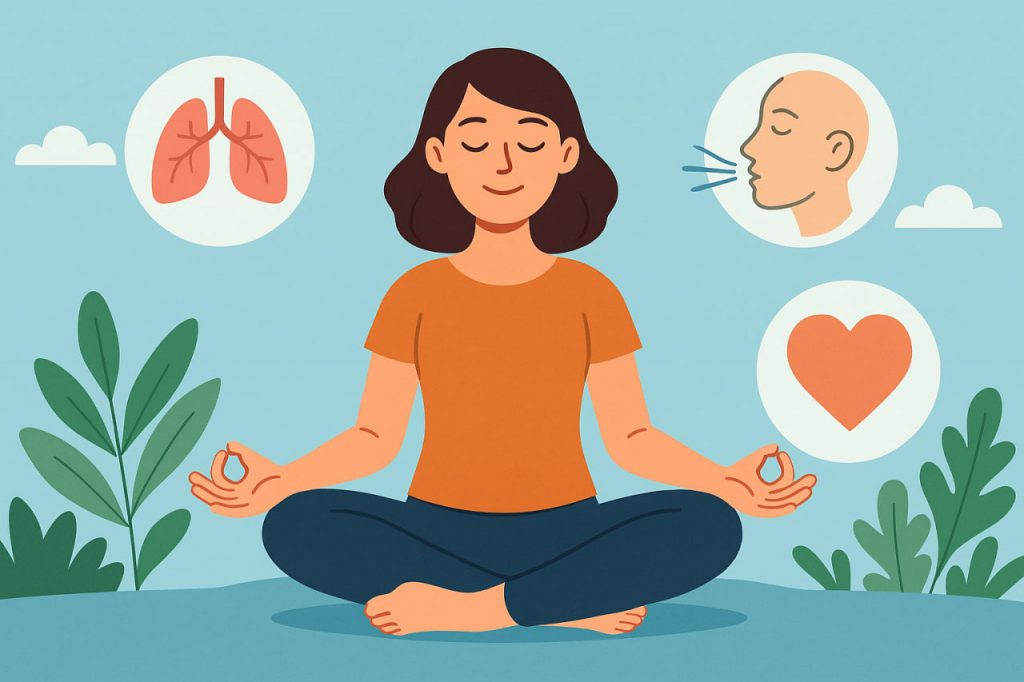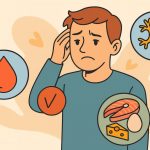In today’s fast-paced world, many people face constant stress from work, responsibilities, and daily challenges. While some stress is natural, chronic tension can harm both physical and mental health. Learning how to relax is not just a luxury but a necessity for maintaining balance, energy, and well-being. Relaxation helps restore the body and mind, preventing burnout and supporting long-term health.
Effects of Stress on the Body
When a person experiences stress, the body releases hormones like cortisol and adrenaline. These prepare the body for “fight or flight” by increasing heart rate, blood pressure, and muscle tension. While useful in short bursts, constant stress keeps the body in this heightened state, leading to fatigue, headaches, digestive issues, and even cardiovascular disease. Relaxation techniques counteract these effects by calming the nervous system.
Mental Benefits of Relaxation
Relaxation improves concentration, memory, and creativity. It lowers anxiety, reduces irritability, and improves mood. Taking time to relax helps the brain process emotions more effectively, which is essential for mental resilience. Relaxed individuals are more capable of handling problems calmly and making better decisions.
Physical Health Benefits
Learning to relax has direct benefits for physical health. It reduces blood pressure, improves heart function, and strengthens the immune system. Relaxation also helps muscles recover from daily strain, reducing the risk of chronic pain. Sleep quality improves significantly when the body and mind are calm before bedtime.
Improved Relationships and Social Life
A relaxed person communicates more effectively and responds to others with patience and understanding. This reduces conflict and strengthens relationships. Relaxation also promotes positive energy, making social interactions more enjoyable and meaningful.
Techniques for Relaxation
Relaxation can take many forms, and different methods work for different people. Some popular techniques include:
- Deep breathing exercises – calming the nervous system through controlled breathing.
- Meditation and mindfulness – focusing on the present moment to quiet the mind.
- Physical activities – yoga, stretching, or light walking reduce tension.
- Hobbies and creative outlets – painting, reading, or music can restore emotional balance.
- Spending time in nature – natural environments reduce stress and restore calm.
Conclusion
Knowing how to relax is crucial for protecting mental, physical, and emotional health. Relaxation lowers stress, boosts resilience, improves sleep, and strengthens relationships. By practicing simple relaxation techniques regularly, people can maintain balance in their daily lives and build long-term well-being.
Glossary
- Cortisol – a hormone released during stress that regulates energy and metabolism.
- Fight or flight response – the body’s automatic reaction to stress, preparing for action.
- Mindfulness – a relaxation technique that involves focusing on the present moment.
- Resilience – the ability to recover quickly from stress or difficulties.
- Burnout – physical and emotional exhaustion caused by prolonged stress.


